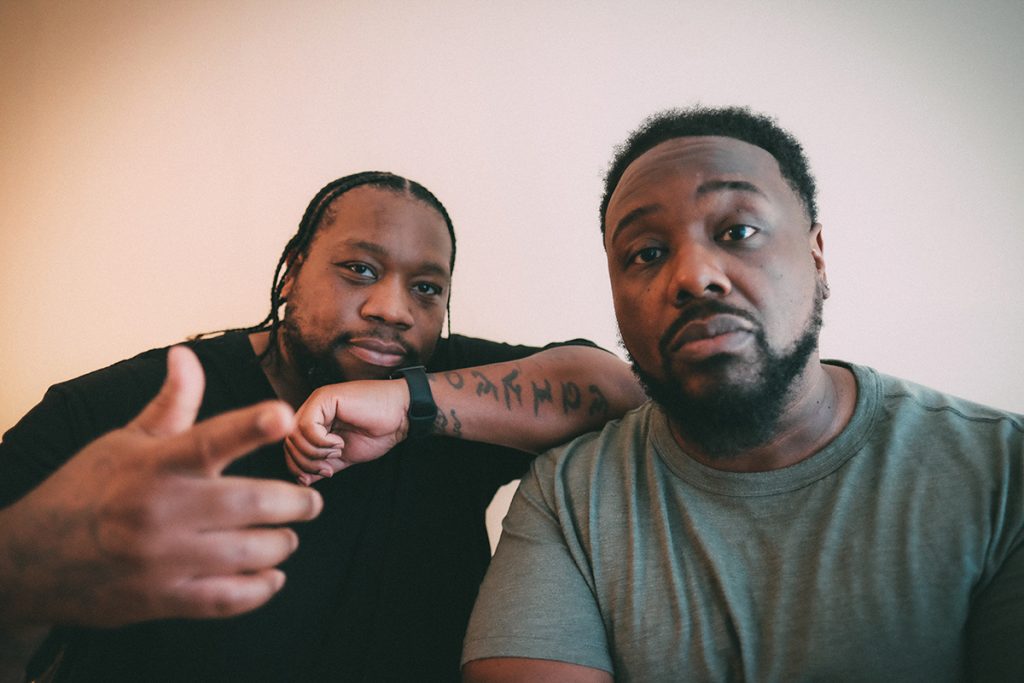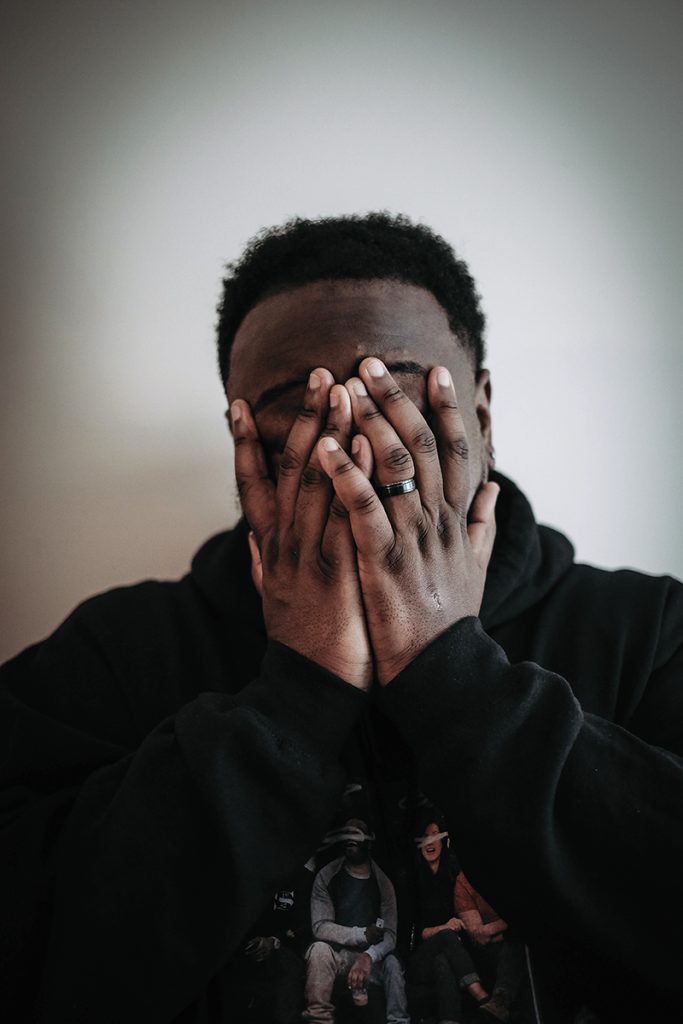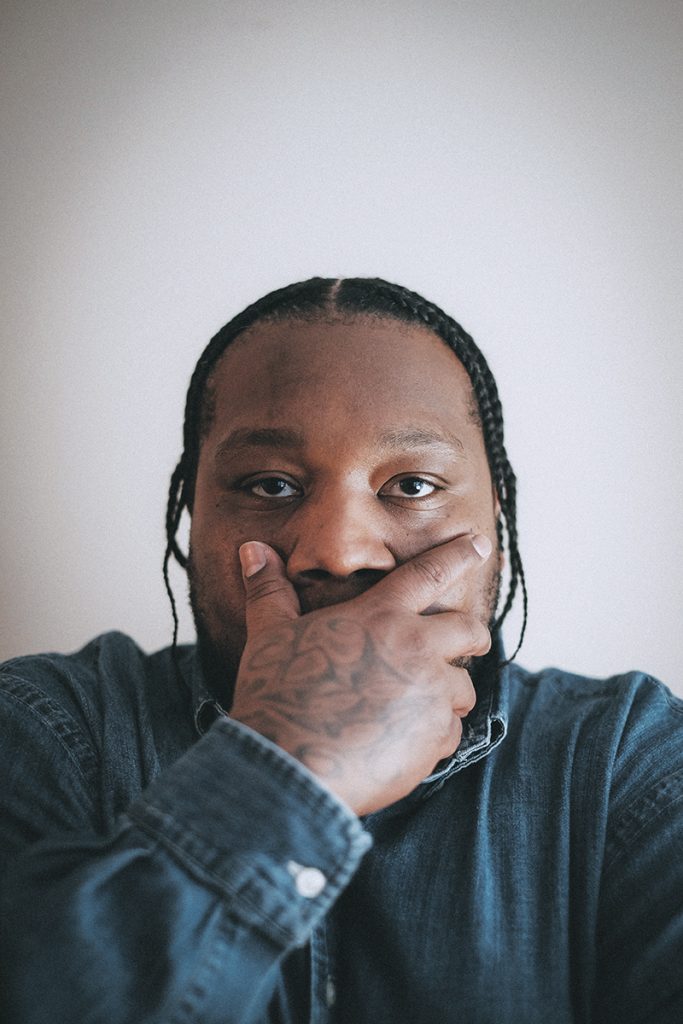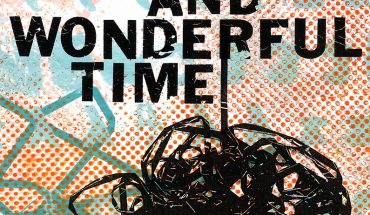A documentary from hip-hop duo Phonte Coleman and Thomas “Rapper Big Pooh” Jones shares the complicated story behind their music.
by David Menconi | photography by Antoine Lyers
One of the great hip-hop groups in North Carolina history, Little Brother, came together as students at North Carolina Central University at the dawn of the 21st century as part of the Justus League hip-hop collective.
The trio of Phonte Coleman, Thomas “Rapper Big Pooh” Jones and producer/DJ Patrick “9th Wonder” Douthit debuted with 2003’s The Listening, an underground classic. The album was recorded in bare-bones circumstances, using a makeshift dorm-room studio.
But that didn’t keep it from becoming a viral sensation through online forums like Okayplayer.com. Of its time but also seemingly timeless, The Listening evoked its own world with deep layers of samples and hard-headed practicality in the lyrics. It was and is an instant classic.
Twenty years later, Little Brother is now just Coleman and Jones, and they’re making their way into the film world in much the same way they entered music. This time it’s with a documentary, May the Lord Watch: The Little Brother Story. Made over the course of five years, it traces Little Brother’s complicated history. Fittingly, Little Brother is rolling it out guerilla-style. There have been some theatrical showings, but most of its viewings so far have been on YouTube.
“The movie industry reminds us a lot of the record business, know what I’m saying?” Coleman says with a laugh. “We’re just using what we have available to us — some screenings, trying to get into film festivals.
But all that said, it’s on YouTube, so just go watch it. Meet people where they’re at, that’s what we’ve always done. We were one of the first rap groups to ‘go viral’ at a time when nobody even knew what that was, let alone how to monetize it. Our story had to do with hearing music that was freely accessible, so the movie about our career should be experienced the same way. That’s what felt the most righteous to us.”
If the Little Brother way has always been the leap of faith of putting things out there with little regard for the bottom line, it’s working out pretty well. Between grant money from the Southern Documentary Fund and contributions from some of the 150,000-plus viewers who watched the film in its first three weeks, they’re not too far in the hole. And the response has been gratifying, with The Washington Post citing the film as proof that “hip hop can address middle age gracefully.”
Even back during their collegiate days, Little Brother was always sonically old-school, with a sound akin to groups like A Tribe Called Quest. Albums like The Listening and 2005’s The Minstrel Show had a lot to say about life, music and the temptations of selling out. Both those albums played like movies in album form, with between-song skits and recurrent characters on the fictional WJLR (Justus League Radio) and UBN (U Black N—–) Network.
Douthit departed the lineup after The Minstrel Show, although he was intermittently involved in some Little Brother projects in the years after. On his own, 9th Wonder became one of the top producers in hip-hop (Jay-Z, Destiny’s Child, Erykah Badu, Kendrick Lamar, Rapsody) as well as a leading on-campus academic at Duke, Central and Harvard.
Jones and Coleman continued on as Little Brother until splitting for a time in the early 2010s, while Coleman concentrated on The Foreign Exchange, a group that began as a side project but picked up a Grammy nomination in 2009. Coleman and Jones got Little Brother back together full-time about five years ago. Their split with Douthit was not entirely positive, a topic the documentary does not shy away from. (Douthit chose not to appear in the film.)
“We asked and he just never responded,” says May the Lord Watch director Holland Randolph Gallagher. “We tried to make it clear it wouldn’t be a hit piece. The center of it is really not about the split, it’s more about the ebb and flow of Phonte and Pooh’s relationship.”
Watching that onscreen turned out to be a surprisingly emotional experience for both Coleman and Jones, especially when they took the film out for pre-
release test screenings in five cities.
“It was surreal standing in the back watching people watch me,” says Jones. “This was different from them hearing us rap. Now they’re watching our story, seeing our moms, Phonte’s grandmother, my best friends. There are no words to describe that feeling.”
Word from the fans has been gratifyingly positive, too.
“We wanted it to be fair and honest to everyone,” says Coleman. “The story is the story and we wanted it told with love and care for the music we’ve created. The feedback we’ve gotten is that that comes through. Best compliment was from a homie in L.A.: This is everything I wanted, but nothing I expected. There it is. That’s like a 100-percent Rotten Tomatoes rating to me. We won, bruh, I don’t care.”
This article originally appeared in the February 2024 issue of WALTER magazine.







